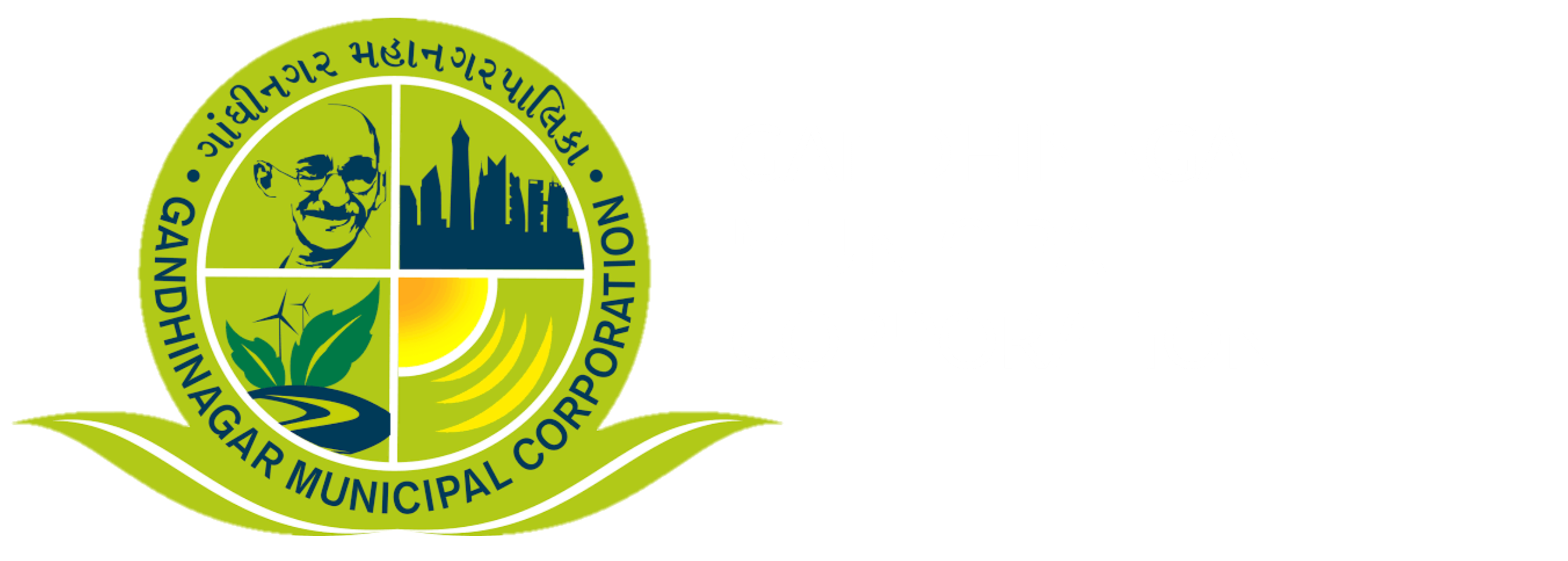URBAN MALARIA DEPARTMENT
In the urban landscape, vector-borne diseases present formidable public health challenges due to various factors such as rapid urbanization, high population density, inadequate sanitation, and changing climatic conditions conducive to vector breeding. Diseases like Malaria, Dengue fever, and Chikungunya are prevalent, inflicting significant morbidity and mortality rates. The Malaria Branch of Gandhinagar Municipal Corporation (GMC) undertakes strategic initiatives to combat these diseases, employing a comprehensive approach involving vector control measures, community education, and healthcare infrastructure enhancement.
Our vision is to create a healthier urban environment by significantly reducing the incidence of vector-borne diseases, particularly Malaria, Dengue fever, and Chikungunya. We strive to achieve this by implementing proactive measures for disease surveillance, effective vector control strategies, and robust community engagement programs.
1. Conduct rigorous disease surveillance to detect outbreaks early and implement timely interventions.
2. Implement targeted vector control measures to reduce mosquito breeding habitats and minimize the risk of disease transmission.
3. Raise awareness among communities about the importance of disease prevention, early symptoms recognition, and seeking timely healthcare.
Ensure compliance with public health bylaws to maintain sanitation standards and prevent vector breeding in residential, commercial, industrial, and construction sites within GMC's jurisdiction.
Work of Branch
Disease Surveillance and Treatment
• Active Surveillance: Regular monitoring and analysis of vector-borne diseases within GMC's jurisdiction enable early detection of outbreaks and targeted interventions.
•
Passive Surveillance: Free malaria diagnostic services and treatment are provided at Urban Health Centres, facilitating prompt identification and management of cases.
Timely notification of positive cases from both government and private healthcare facilities is ensured in accordance with the directives of the Government of Gujarat.
• Physical Control Measures: Removal or modification of mosquito breeding habitats through activities like draining stagnant water bodies and clearing blocked drains.
• Chemical Control Measures: Application of insecticides like Temephos and used oil to eliminate mosquito breeding sites, coupled with indoor and outdoor fogging during active transmission seasons.
•
Biological Control Measures: Introduction of larvivorous fish, BTI, and bio larvicide in natural and artificial breeding habitats to reduce mosquito populations sustainably and environmentally friendly.
Implementation of Public Health Bylaws
Enforcement of Public Health Bylaws - 2017 of GMC to regulate vector control activities and impose penalties on violators, ensuring adherence to sanitation standards and prevention of vector breeding.


